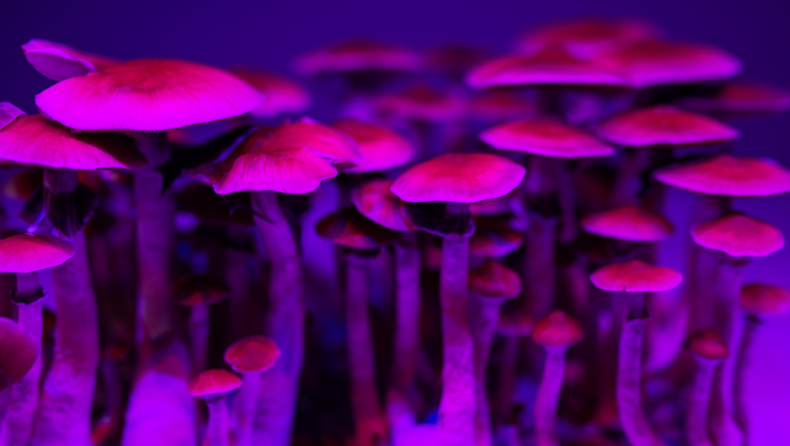According to a recent study, people from many different cultures have long used fungi that contain psilocybin to improve their health and well-being.
Psilocybin microdosing entails repeatedly giving oneself dosages of psilocybin-containing mushrooms that won’t interfere with daily activities.
Various microdose techniques exist, including pairing psilocybin with ingredients like lion’s mane mushrooms and vitamin-B3. The public’s acceptance of microdosing has surpassed the body of evidence, necessitating more future studies.
The scientists observed psilocybin microdosers and non-microdosing comparators for about 30 days using a naturalistic observational style.

The Study and Psilocybins of health
The authors found small- to medium-sized improvements in mood and mental health that were relatively compatible across gender, age, and the appearance of mental health issues. They noticed improvements in motor function performance that were selective to older adults.
Regular self-administration at doses that are too low to disrupt basic cognitive function is known as microdosing. The dosages can range from three to five times per week and only require 0.1 to 0.3 grams of dry mushrooms.
Psilocybin mushrooms and LSD are the most commonly mentioned drugs for microdosing. Particularly when contrasted to alcohol, opioids, tobacco, and other drugs of abuse, psilocybin mushrooms are thought to be non-addictive and only mildly harmful.
It is noteworthy that after about 30 days of micro dosing psychedelics, the group of participants who had expressed mental health concerns at the time of the initial visit showed an average decrease in depressive symptoms, which resulted in a shift from moderate to mild depression.

Discussion
Given the high health expenditures and prevalence of depression, as well as the large proportion of patients who do not respond to existing medications, another method to treating this lethal condition merits serious attention.
The possibility that psilocybin micro dosing could be used to treat depression and anxiety strongly suggests the need for greater investigation into the nature of the connection between microdosing, mood, and mental health, as well as the degree to which these effects are specifically due to psilocybin.













